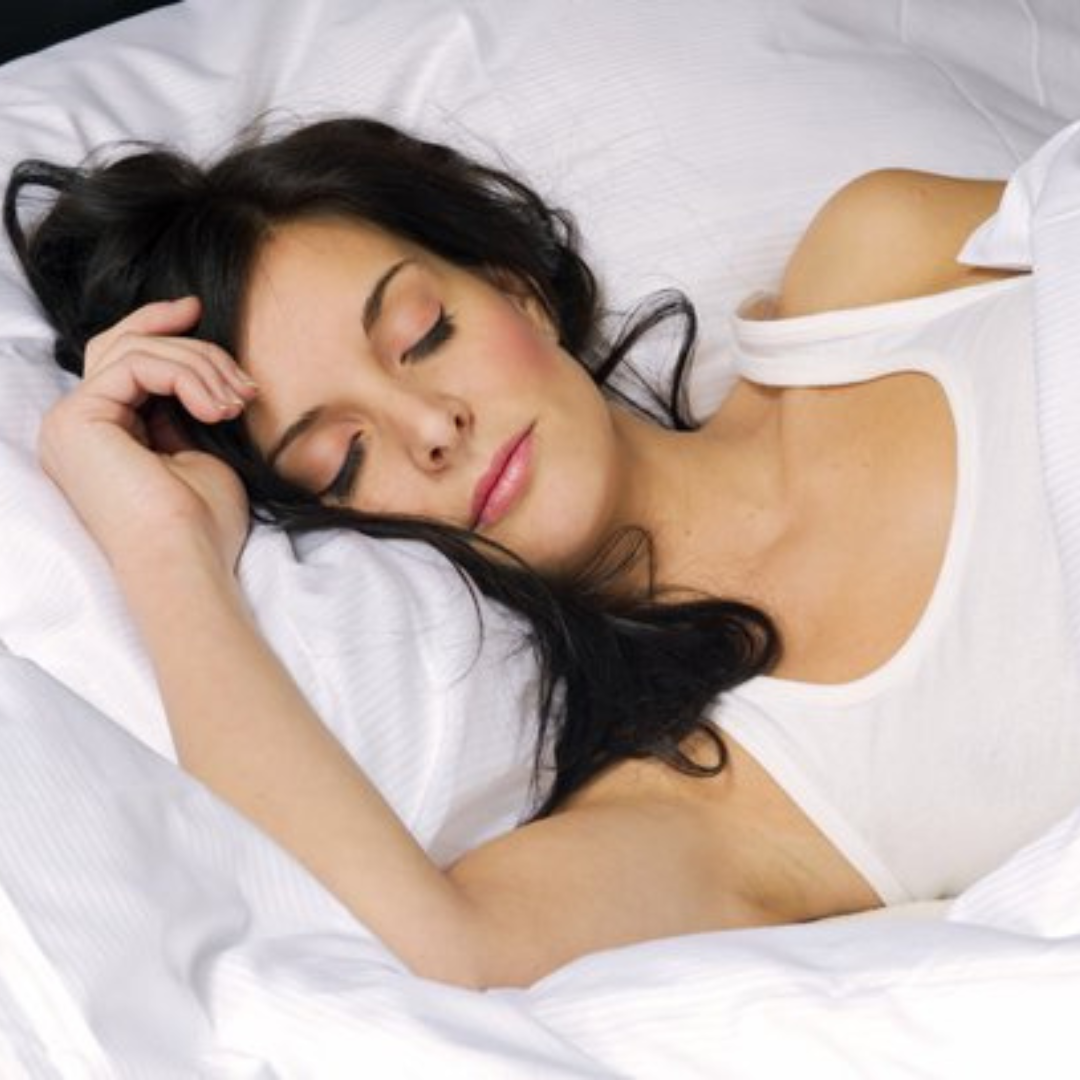Do Women Need More Sleep Than Men?
How Much More Sleep Do Women Really Need?
As per the Public Rest Establishment’s proposals, adults ages 18 to 64 will generally expect seven to nine hours of rest an evening, while adults more seasoned than 64 ought to plan to get seven to eight.
The rules don’t separate rest needs by orientation or sex.
Some exploration has, in any case, proposed that ladies nod off quicker and rest more profoundly than men, which could mean they need more rest or are more drained in general, the Rest Establishment says.
Research has likewise found that ladies will generally invest more energy in bed. One paper took a gander at Statistics Department information from in excess of 70,000 individuals who kept a 24-hour journal (for only one day) and were likewise evaluated about how many hours and minutes they spent on different exercises—resting, eating, working, driving, and chatting on the telephone. The study likewise caught individuals’ family game plans, for example, whether they lived with an accomplice or kids, and found out if the individual’s journal day was run of the mill.
Overall, around eight hours and 27 minutes every night, while men drew nearer to eight hours and 16 minutes—aa measurably critical, however little, contrast of around 11 minutes.
However, that hole changed across ages, and the review creators say they are generally made sense of by work and family obligations and “gendered time tradeoffs.” For instance, men invested more energy in working outside the home and on relaxation exercises than women. Also, ladies were bound to rest (which, according to the creators, is less criticized among ladies) and report interferences around evening time, particularly assuming that they had small children.
The review creators recommended thusly that men might be bound to utilize their additional waking hours (or, in this situation, minutes) to work and play, while ladies might be logging more hours in bed, however, doing so to make up for more divided rest.
“The orientation hole in rest time leaning toward ladies is moderately little for most correlations and ought to be viewed as considering the orientation hole in recreation time leaning toward men at all life course arrangements,” the review creators composed.
Furthermore, remember that this study depends on individuals’ self-detailed rest length. It catches how much rest individuals say they get—not the amount they need.
Sadly, there’s no decent method for concentrating on the last option yet, says Michael Grandner, PhD, a clinical clinician who coordinates the rest and wellbeing research program at the College of Arizona in Tucson.
Regardless of whether specialists detached individuals and permitted them to rest however much they needed until their examples settled, that number wouldn’t be guaranteed to mean their genuine rest needs, he says.
“We have no clue about how much rest individuals need as a general rule, and furthermore, we need it for what?” Dr. Grandner says. “For instance, how much rest you want to keep up with cognizance across the day may not be quite the same as how much rest you really want to have an ideally working, insusceptible framework, which may be unique in relation to what you really want for ideal emotional wellness.”
You need to examine yourself to figure out your own perfect balance with regards to your life and objectives, paying little mind to orientation, he says.
Do Women Really Use More of Their Brains Than Men (and Therefore Require More Sleep)?
Another thought flowing on TikTok is that ladies need more rest than men since they “utilize a greater amount of their minds” during the day. The video guaranteed that ladies’ “minds are wired in an unexpected way” and they “tend to perform multiple tasks significantly more,” hence requiring more rest. The post pulled in 2.7 million perspectives and many remarks.
“I didn’t require broad exploration to let me know we think carefully more than men,” one analyst wrote.
However, there’s no exploration, truth be told, supporting this conviction, specialists say.
“From a developmental point of view, performing various tasks is more imbued for ladies due to the guardian job; thus, I improve at performing various tasks all the more for the most part,” says Annie Mill, operator, an authorized specialist at DC Metro Rest and Psychotherapy in Lodge John, Maryland. In any case, the possibility that ladies need more rest in view of this is a jump that research still can’t seem to affirm—or deny.
As Grandner puts it, “We as a whole utilize 100% of our cerebrums constantly.”
Ladies do, notwithstanding, generally report higher pressure than men, which can add to rest issues and thus drive them to require a greater amount of it.
Other Gender Differences in Sleep
While it’s unclear whether women need more sleep than men and, if so, exactly why, it is clear that sleep differences exist across genders.
Differences in Incidence of Sleep Disorders
Ladies are almost twice as likely as men to have nervousness and discouragement, and the two circumstances are connected to sleep deprivation. It’s to be expected, then, that sleep deprivation is more common among women than men.
Ladies are additionally bound to encounter anxious legs disorder, particularly during pregnancy, on account of hormonal variances, while men are bound to foster rest apnea. Yet, when ladies arrive at menopause, paces of rest apnea start to level out among people, says Dr. Harris, who composed The Ladies’ Manual for Conquering Sleep Deprivation and treats rest issues utilizing an assortment of nonpharmacological choices.
Ladies may likewise be more inclined to postpone analysis and misdiagnoses, to some degree, because of generalizations that persist even among clinical experts themselves, says Emma Cooksey, a patient supporter who serves on the leading group of Venture Rest and is the host of the digital broadcast Rest Apnea Stories.
Cooksey battled with unnecessary daytime sluggishness, tension, sadness, and morning migraines all through her twenties, yet clinicians credited it to a distressing position, then, at that point, pregnancy, then new parenthood. It was only after Cooksey nodded off at the worst possible time with her child in the vehicle at age 30 that specialists treated her in a serious way and determined she had rest apnea.
“I had a great deal of help that I had replies; however, I likewise felt a ton of disturbance and outrage at every one of the clinical experts I’d seen for a long time who had missed this,” says Cooksey, who’s currently 46 years of age and living in Holy Person, Augustine, Florida.
Differences in Symptoms of Sleep Disorders and Sleep-Related Problems
One review distributed in the Diary of Clinical Rest Medication in 2017 found that ladies who looked for rest related medical services were probably going to have side effects of sadness, inconvenience dozing, exorbitant daytime languor, and trouble with focus and memory. For men who’d visited specialists for rest issues, wheezing was a more commonplace symptom.
Differences Due to Menstruation, Pregnancy, and Menopause
Chemicals oversee the rest-wake cycle. “[So], there are many stages over the course of life, from the start of the period to pregnancy to perimenopause to menopause, that can affect rest,” Harris says. “Changes in estrogen and progesterone, as well as mental and actual stressors like pregnancy and labor, all impact rest.”
For instance, as levels of estrogen and progesterone (“the loosening up chemical”) ascent and top in front of ovulation, ladies might feel sluggish and rest all the more without any problem. Then, just before a period, as these chemical levels drop, ladies might feel more wired.
Hormonal changes can likewise add to side effects that influence rest.
For example, squeezing might interfere with ladies’ rest during their period and add to more daytime sluggishness during that time. Pregnancy and the post-pregnancy time frame can improve the probability of gloom, which can adversely influence rest. Also, the hot glimmers normal in menopause can add to more erratic rest.

